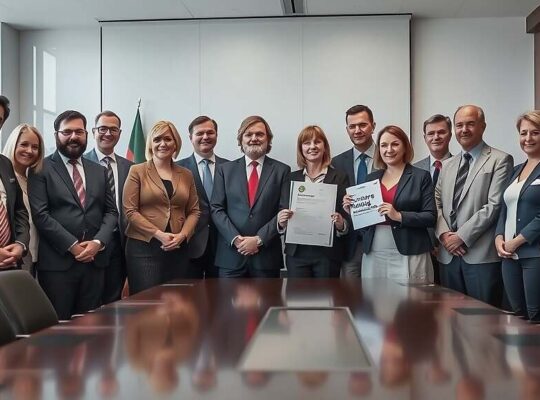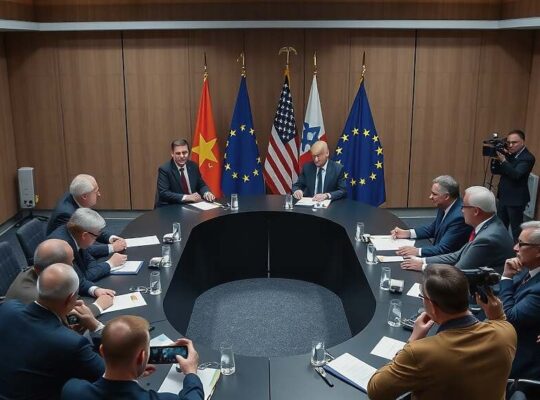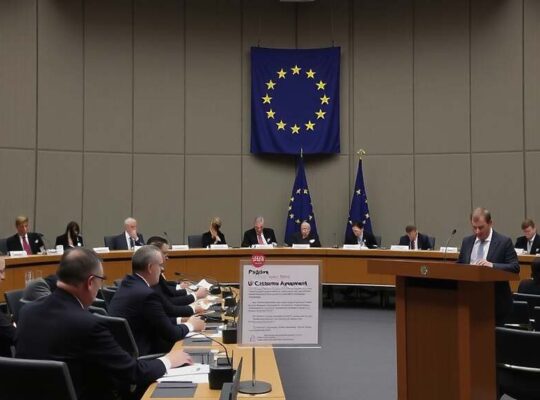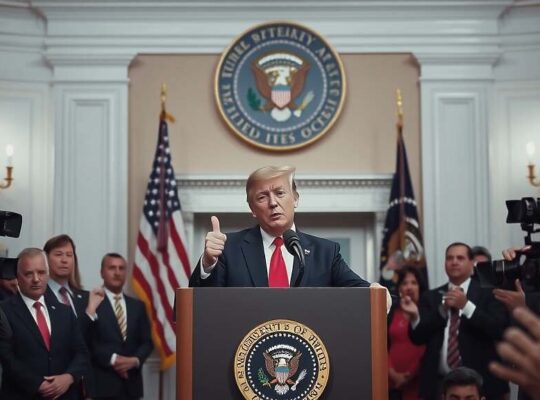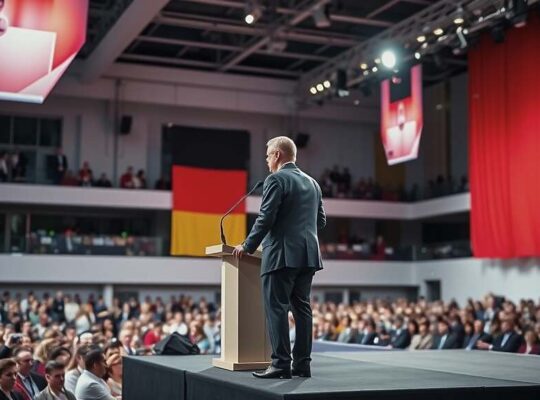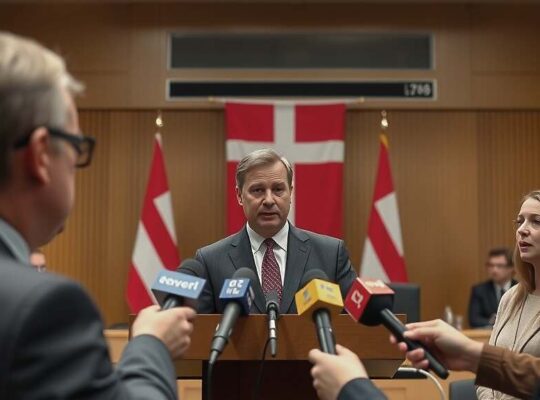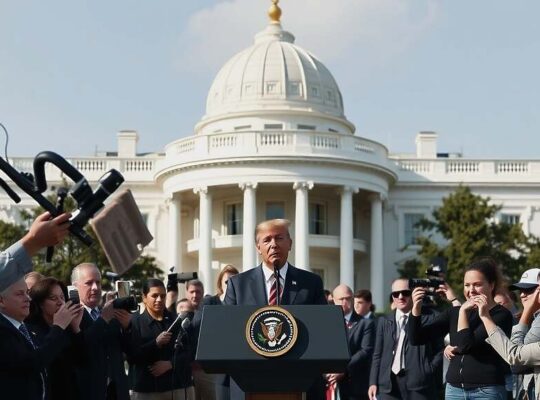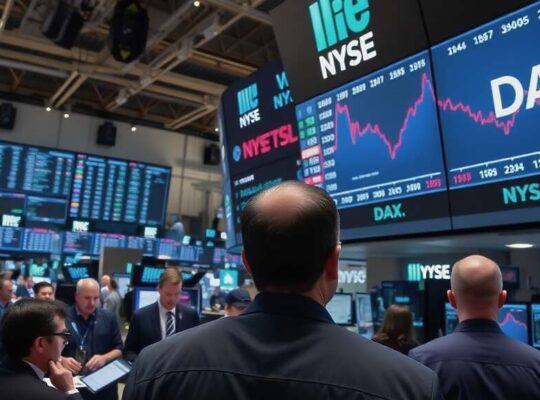The United States is escalating tensions with South Africa, announcing a complete freeze on financial support and barring the nation from participating in the 2026 G20 summit in Miami. The move, initiated by former President Donald Trump, stems from a protracted dispute centered on allegations of human rights abuses against Afrikaner and other descendant communities of Dutch, French and German settlers.
Trump’s decision, voiced through his “Truth Social” platform, accuses South Africa of “killing whites and arbitrarily seizing their farms”. The former president leveled a further accusation, criticizing what he deemed the mainstream media’s silence regarding these alleged events, characterizing them as a “genocide”. Such language has drawn immediate condemnation from international observers, with many questioning its factual basis and potential to inflame intergroup animosity.
The current diplomatic hostilities trace back to Washington’s displeasure with South Africa’s perceived failure to adequately address concerns regarding the welfare of these communities. While the specifics of these allegations remain a subject of intense debate, the U.S. government has evidently viewed South Africa’s response as insufficient. The United States previously boycotted the recent G20 summit held in South Africa, citing similar concerns.
Adding another layer of complexity, Trump alleges that South Africa refused to formally transfer the G20 presidency at the conclusion of the Johannesburg summit. According to his statement, a senior representative from the U.S. embassy was dispatched to the closing ceremony, only to encounter this obstruction.
The decision to withhold invitations and halt all payments and subsidies constitutes a significant policy shift, potentially impacting South Africa’s development programs and international standing. Critics argue that Trump’s actions represent an overreach of executive power, motivated by populist rhetoric and disregarding established diplomatic protocols. Concerns are rising that this unilateral move risks destabilizing regional relations and undermining the G20’s collaborative mandate. Analysts are watching closely to gauge the Biden administration’s response and whether they intend to reverse course or support Trump’s aggressive stance. The incident highlights the increasing politicization of international forums and the potential for domestic political agendas to dictate foreign policy decisions.



